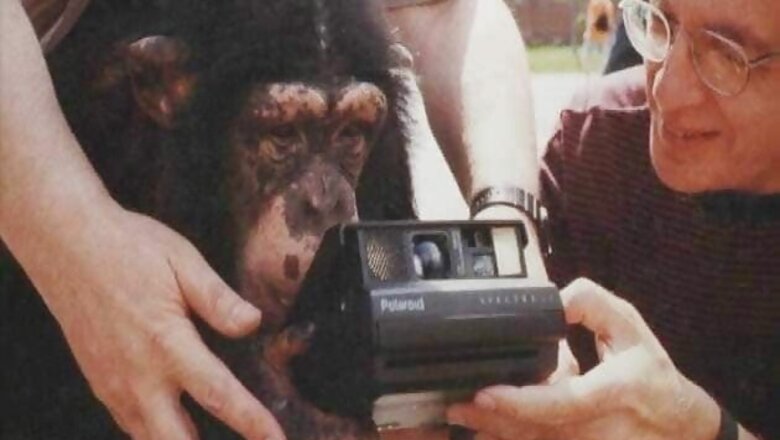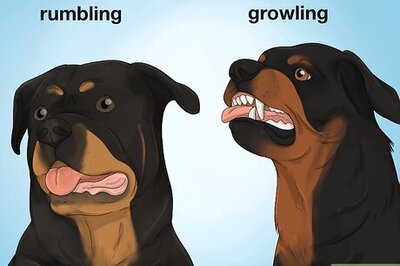
views
London: Chimpanzees are master copycats and, in the process, they form new traditions that are often particular to only one specific group of these primates.
Such are the findings of an international group of scientists, who waded through over 700 hours of video footage to understand how it came about that one chimpanzee stuck a piece of grass in her ear and started a new trend, and others soon followed suit.
"This reflects chimpanzees' proclivity to actively investigate and learn from group members' behaviours in order to obtain biologically relevant information," said Edwin van Leeuwen from the Max Planck Institute for Psycho linguistics in the Netherlands.
"The fact that these behaviours can be arbitrary and outlast the originator speaks of the cultural potential of chimpanzees," van Leeuwen noted.
The researcher first noticed how a female chimp named Julie repeatedly put a stiff, straw-like blade of grass for no apparent reason in one or both of her ears in 2010.
She left it there even when she was grooming, playing or resting in Zambia's Chimfunshi Wildlife Orphanage Trust sanctuary.
On subsequent visits, van Leeuwen saw other chimpanzees in her group had started to do the same.
The animals that find a specific behaviour somehow rewarding will continue to do so on their own, even if the chimpanzee they have learned it from is no longer around, he added.
The findings appeared in the journal Animal Cognition.
















Comments
0 comment